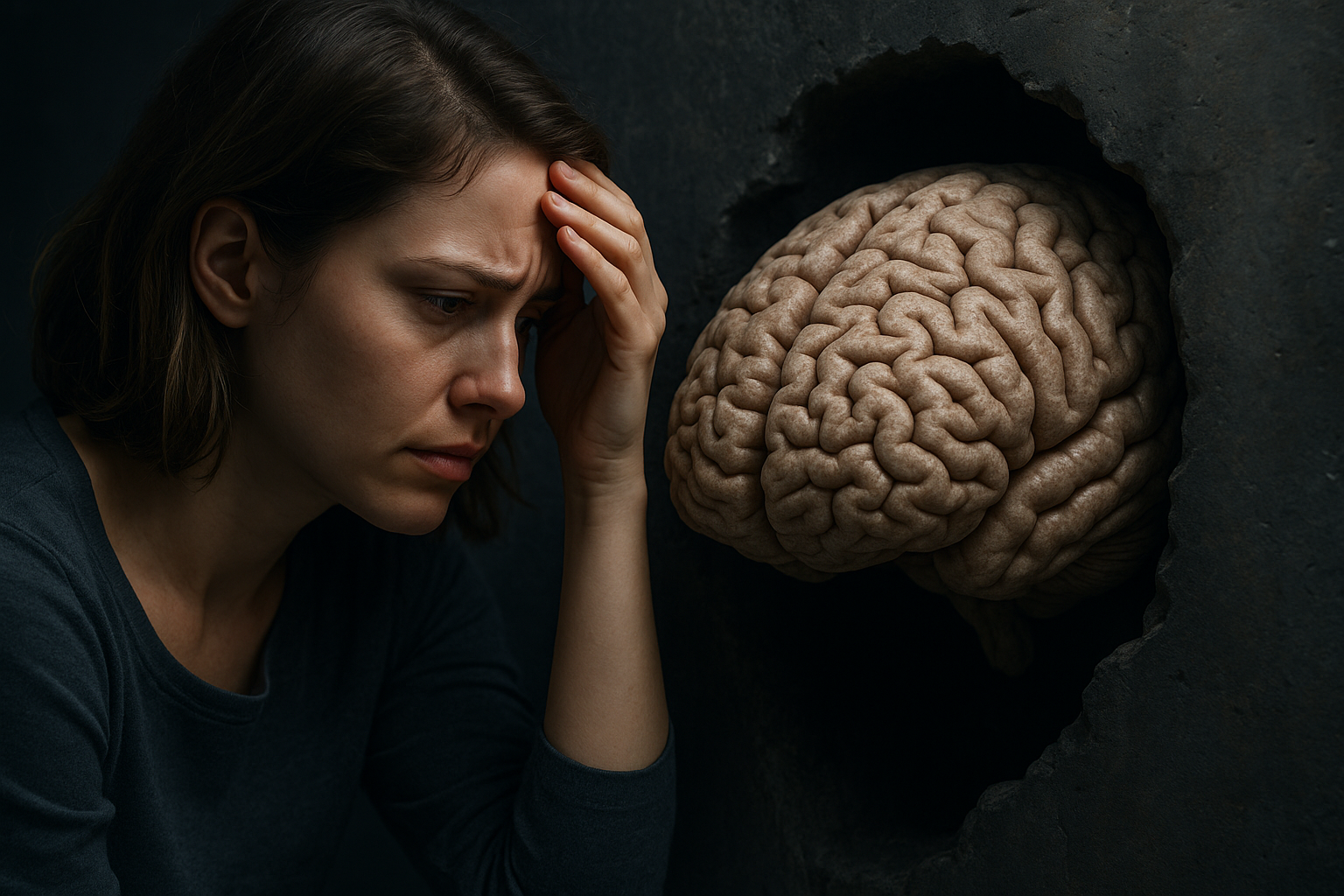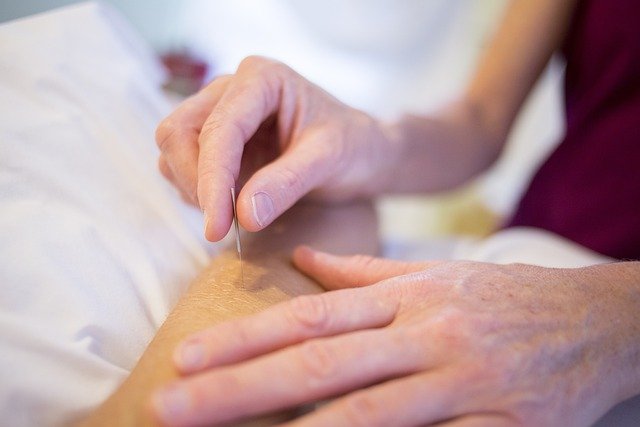Effective Anxiety Treatment Options for Better Mental Health
Anxiety disorders affect millions and can range from constant worry to panic attacks. Understanding the symptoms is the first step to managing them. Therapy, lifestyle changes, and sometimes medication can help individuals reclaim peace of mind and daily function.

What Are Common Types of Anxiety Disorders?
Anxiety disorders encompass several distinct conditions, each with unique characteristics and symptoms. Generalized Anxiety Disorder involves excessive worry about everyday situations that persists for months. Social Anxiety Disorder causes intense fear in social situations, while Panic Disorder triggers sudden, overwhelming episodes of terror. Specific phobias create irrational fears of particular objects or situations, and Obsessive-Compulsive Disorder combines unwanted thoughts with repetitive behaviors.
Post-Traumatic Stress Disorder, though trauma-related, also falls under anxiety disorders due to its anxiety-producing symptoms. Each type requires tailored approaches for effective treatment, making proper diagnosis essential for successful outcomes.
How to Recognize Anxiety Disorder Symptoms?
Anxiety disorder symptoms vary widely but typically include both physical and emotional manifestations. Physical symptoms often include rapid heartbeat, sweating, trembling, shortness of breath, chest tightness, and digestive issues. Many people experience muscle tension, headaches, fatigue, and sleep disturbances.
Emotional and cognitive symptoms include persistent worry, racing thoughts, difficulty concentrating, irritability, and feelings of impending doom. Behavioral changes such as avoidance of certain situations, social withdrawal, and seeking constant reassurance are also common indicators.
These symptoms must persist for several weeks and significantly interfere with daily activities to warrant professional evaluation. Early recognition allows for prompt intervention and better treatment outcomes.
What Anxiety Disorder Treatments Are Most Effective?
Evidence-based anxiety disorder treatments fall into several categories, with therapy and medication being primary approaches. Cognitive Behavioral Therapy remains the gold standard, helping individuals identify and change negative thought patterns and behaviors that fuel anxiety. Exposure therapy gradually introduces feared situations in controlled environments, reducing avoidance behaviors.
Medications include selective serotonin reuptake inhibitors, serotonin-norepinephrine reuptake inhibitors, and benzodiazepines for short-term relief. Anti-anxiety medications work by balancing brain chemistry and reducing symptom intensity.
Alternative treatments like mindfulness meditation, yoga, regular exercise, and dietary modifications can complement traditional therapies. Many people benefit from combination approaches that address multiple aspects of their anxiety simultaneously.
How Do Lifestyle Changes Support Anxiety Recovery?
Lifestyle modifications play a crucial role in managing anxiety disorders and supporting formal treatment efforts. Regular physical exercise releases endorphins that naturally improve mood and reduce stress hormones. Even moderate activities like walking, swimming, or cycling can provide significant benefits.
Sleep hygiene is equally important, as anxiety and sleep problems often reinforce each other. Establishing consistent sleep schedules, creating relaxing bedtime routines, and limiting screen time before bed can improve both sleep quality and anxiety levels.
Nutrition also impacts anxiety, with caffeine and alcohol potentially worsening symptoms. A balanced diet rich in omega-3 fatty acids, complex carbohydrates, and magnesium-rich foods may help stabilize mood and energy levels.
What Are the Costs of Professional Anxiety Treatment?
Understanding treatment costs helps individuals make informed decisions about their mental health care. Therapy sessions typically range from $100 to $300 per session, depending on location and provider credentials. Psychiatrist consultations for medication management usually cost between $200 to $500 for initial visits and $100 to $200 for follow-ups.
| Treatment Type | Average Cost Range | Insurance Coverage |
|---|---|---|
| Individual Therapy | $100-$300 per session | Often partially covered |
| Group Therapy | $50-$150 per session | Usually covered |
| Psychiatric Consultation | $200-$500 initial visit | Typically covered |
| Medication (monthly) | $20-$200 depending on type | Most plans cover generics |
| Intensive Outpatient Programs | $3,000-$10,000 total | Varies by plan |
Prices, rates, or cost estimates mentioned in this article are based on the latest available information but may change over time. Independent research is advised before making financial decisions.
Many insurance plans cover mental health services, though coverage levels vary significantly. Some employers offer Employee Assistance Programs providing free short-term counseling. Community mental health centers and sliding-scale fee clinics offer more affordable options for those without insurance or with limited financial resources.
How Long Does Anxiety Treatment Take to Show Results?
Treatment timelines vary considerably based on anxiety severity, chosen treatment methods, and individual factors. Many people notice initial improvements within 4 to 6 weeks of starting therapy or medication, though full benefits may take 3 to 6 months to develop.
Cognitive Behavioral Therapy typically involves 12 to 20 sessions, with homework assignments and skill practice between sessions. Medication adjustments may be necessary during the first few months as healthcare providers find the most effective dosage and type.
Consistency in treatment attendance and following provider recommendations significantly impacts success rates. Those who actively participate in therapy, take medications as prescribed, and implement lifestyle changes typically see faster and more sustained improvements than those with sporadic engagement.
Anxiety disorders are highly treatable conditions that respond well to evidence-based interventions. With proper diagnosis, appropriate treatment selection, and consistent follow-through, most individuals can achieve significant symptom reduction and improved quality of life. The journey requires patience and commitment, but the rewards of reclaiming mental peace and daily functioning make the effort worthwhile.
This article is for informational purposes only and should not be considered medical advice. Please consult a qualified healthcare professional for personalized guidance and treatment.




